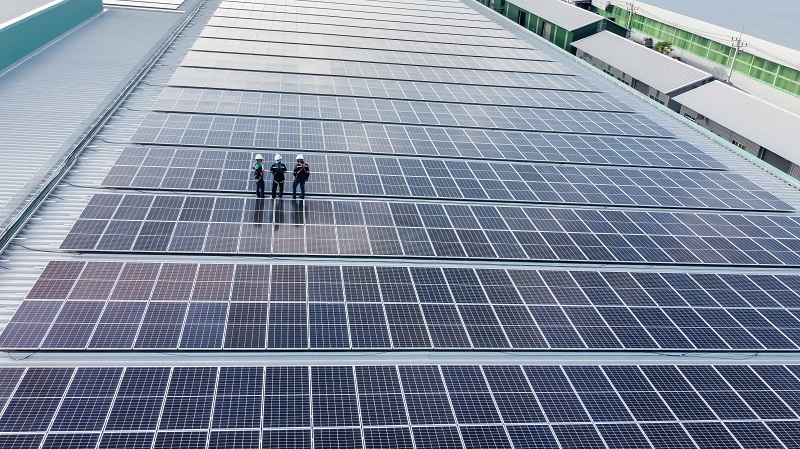With rising energy costs placing considerable pressure on UK manufacturers, government measures such as the Energy Bill Discount Scheme (EBDS) have offered some welcome relief. But, with the EBD scheme due to end in March ‘24, how will British manufacturers continue to control overheads while remaining competitive against cheaper manufacturing capabilities overseas?
Graham White, Managing Director of Your Solar Energy Ltd, shares his view on the need for energy longevity within the sector, the threats facing UK manufacturers once the EBDS ends, and how acting now will help to preserve and protect the future of British manufacturing.
Throughout this year, commercial energy costs are expected to rise by 20%*. Not only that, once the government EBDS ends on the 31st March the cost of powering manufacturing facilities will no longer be subsidised, placing full responsibility on business owners to keep their enterprises profitable. This is one of the most concerning issues UK manufacturers face, with many seeing average energy rates more than double from 18pkW to more than 30pkW in just one year – the steepest rise in a decade – following Russia’s invasion of Ukraine in 2022. Starting next month, UK manufacturers could see energy costs soar with no financial support, partnered by the threat of cheaper manufacturing capabilities from China and India making it hard to compete.
This is a bleak realisation for many manufacturing businesses and although government intervention has been a welcome support, it is not a permanent solution. Unfortunately, temporary measures such as the EBDS have no longevity, which is needed to achieve sustainable growth to preserve critical business sectors within our country. Sadly, the government can only do so much.
Recognising this, some solar businesses are taking it upon themselves to find a better way of doing things – and having developed a unique power purchase agreement that puts business owners back in control – we count ourselves among them. Our approach works by finding financial backing to fund solar systems leaving the manufacturer only paying for the electricity generated at a set fee. This has led to generating savings of around £200K across a year, covering at least 70% of a manufacturing business’ energy consumption.
Not only that, smart solar systems go a long way in reaching net zero goals, considerably impacting sustainability targets by reducing the commercial carbon footprint. Becoming more environmentally sustainable as a business also helps to secure financial longevity, as a commitment to using renewable energy sources is now becoming a prerequisite for many customers of manufacturing facilities. Particularly retail and food service clients – who are actively seeking greener, environmentally conscious manufacturing businesses to partner with. Understanding trends and movements within the industry is incredibly important to ensure business practices match the expectations of your business’ customer base.
Although government discount schemes have gone some way in supporting the UK manufacturing sector, they only offer temporary relief to an embedded, long-standing issue. If we as a country want to preserve and protect a core business sector that has been revered for centuries, energy leaders must find alternative solutions and more innovative ways of working, to meet the challenges of our modern and globally-competitive world, head on.





